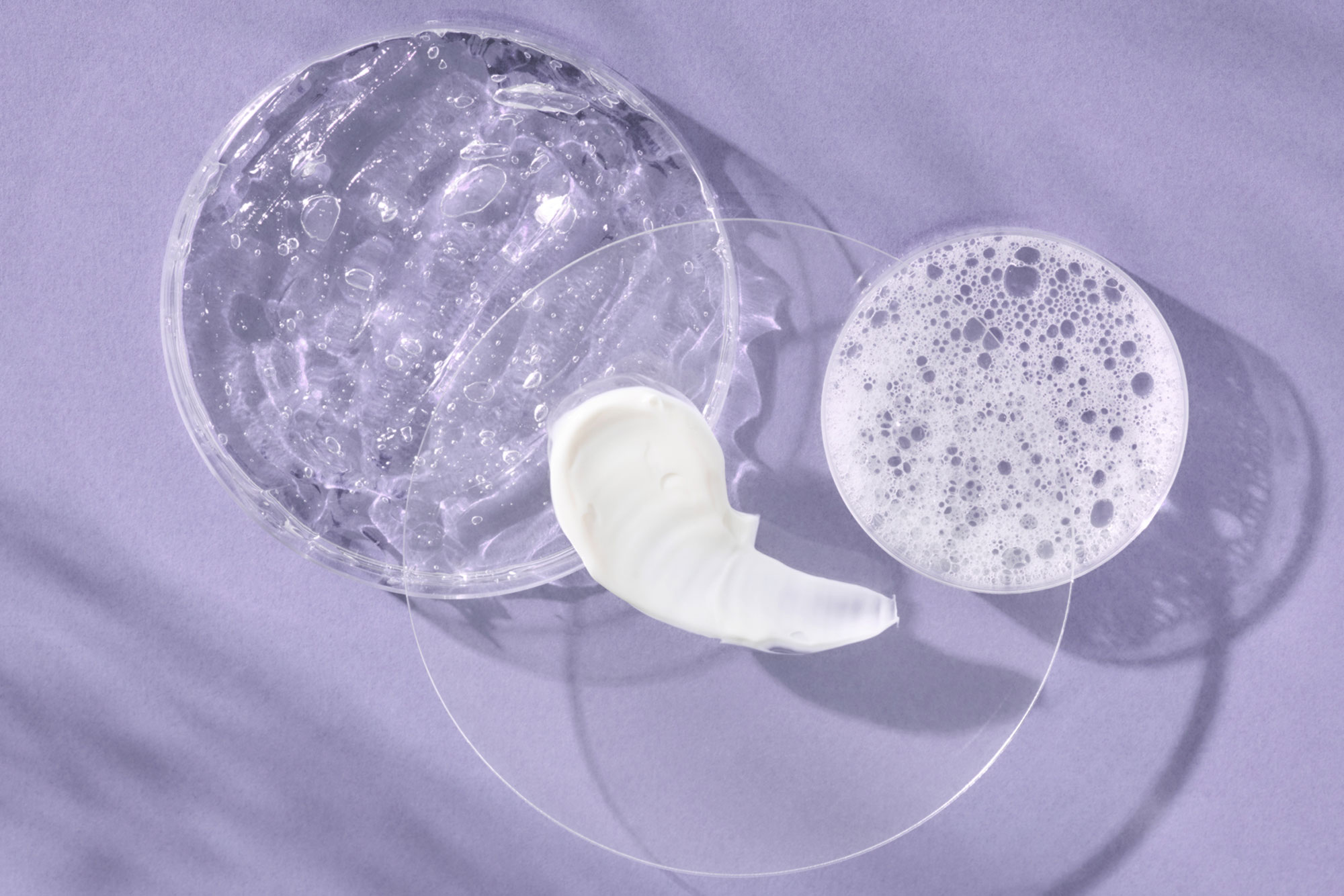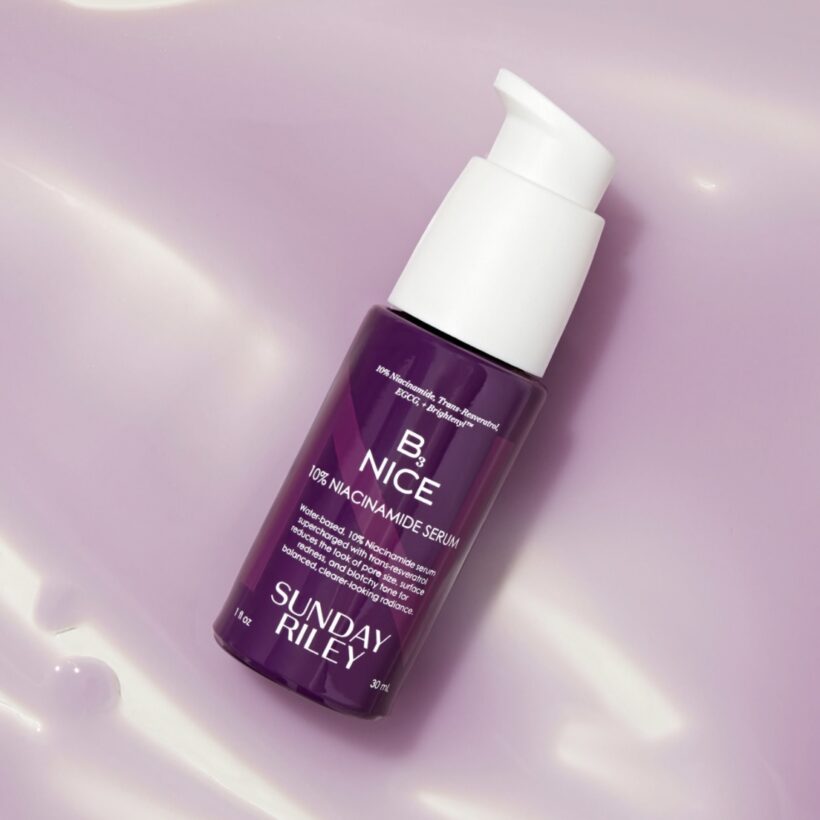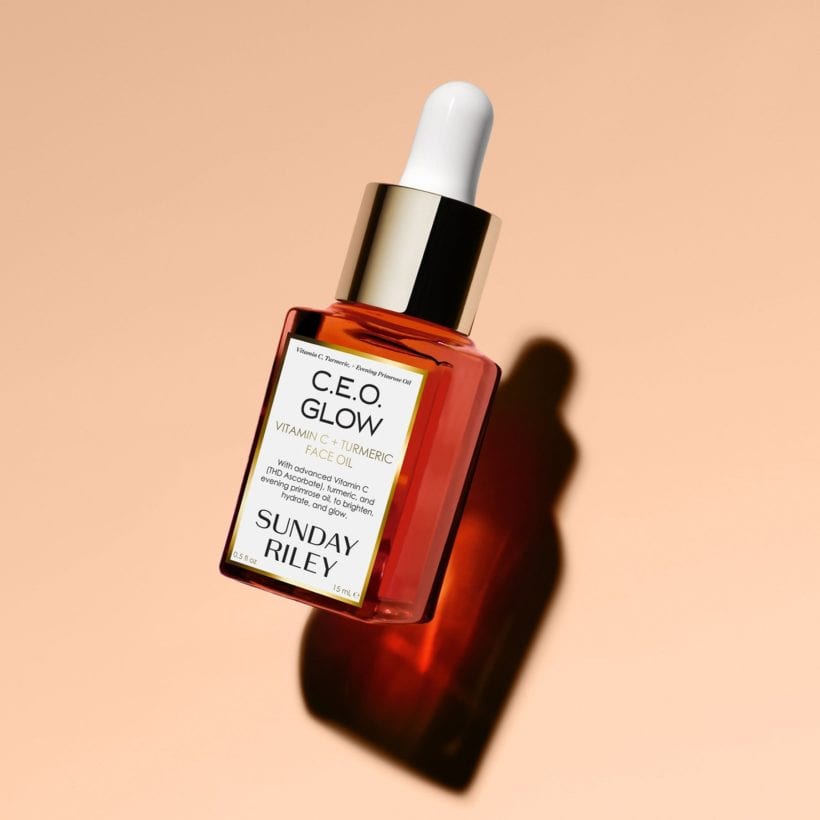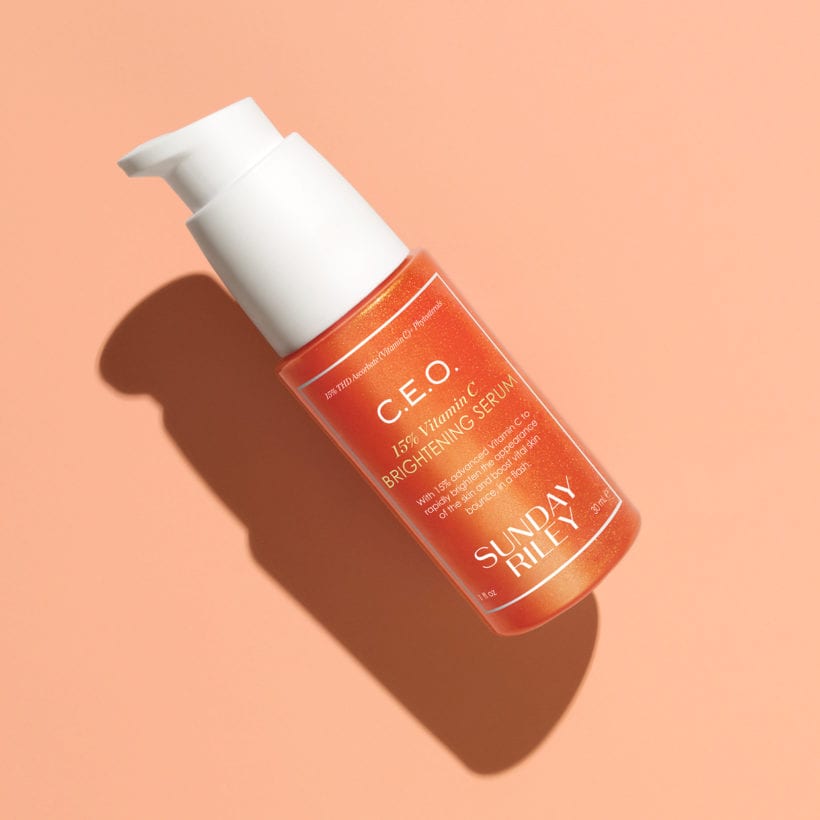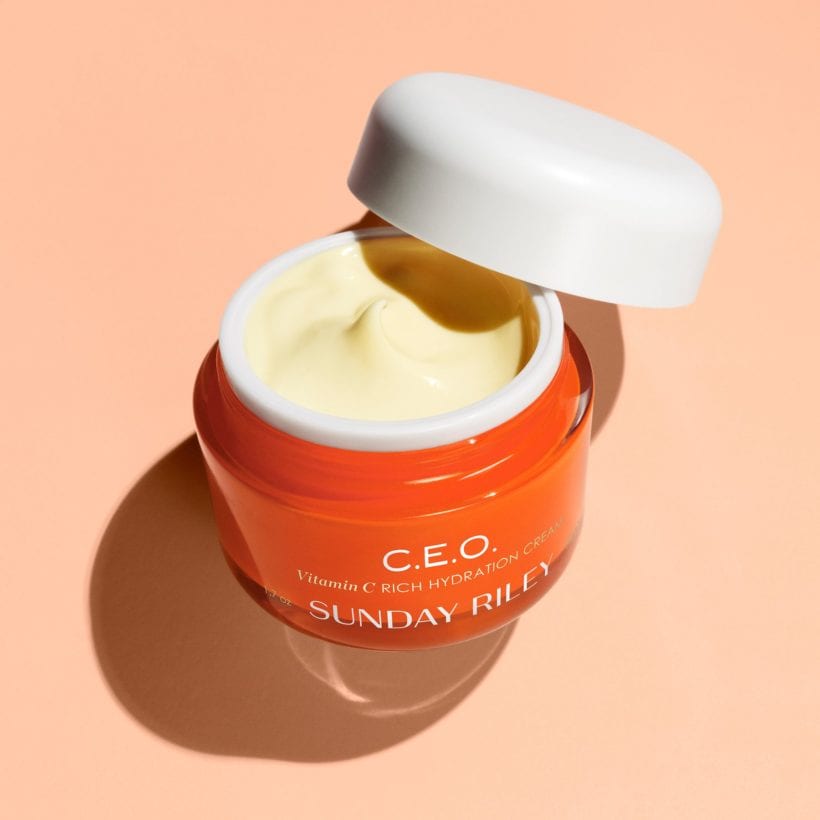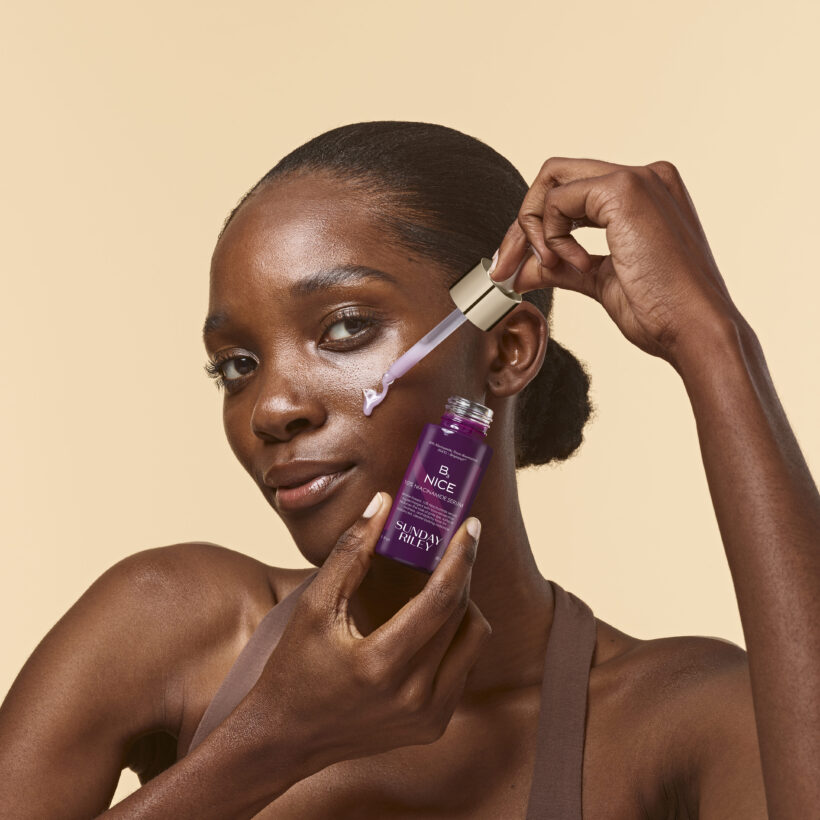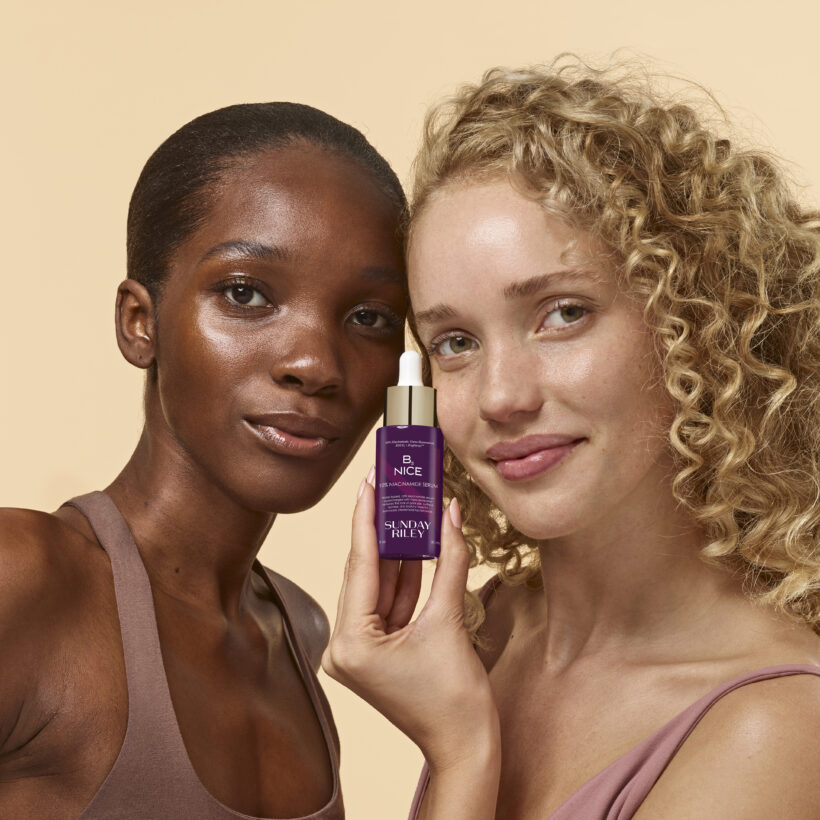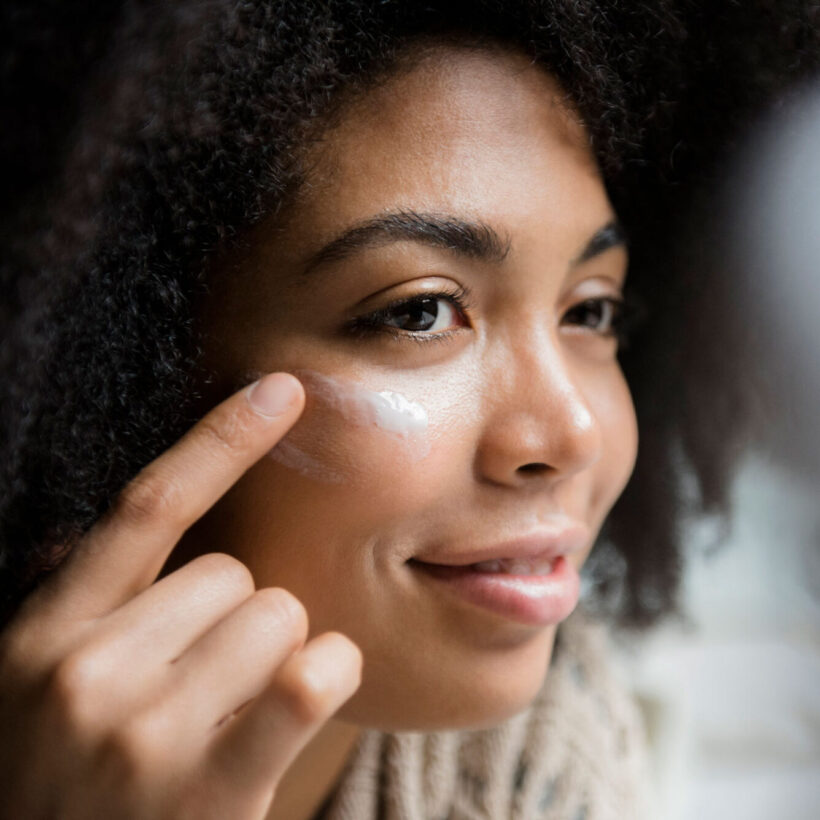“Soothing” isn’t always the first word we associate with skincare acids. Sure, you have your glycolic or salicylic acids that act as exfoliants, but different acids serve different purposes (see: hyaluronic acid, which is now synonymous with skin hydration). The latest to catch the skincare world’s attention is hypochlorous acid, which is making its way into mists and serums to address concerns like redness, breakouts, and more. So is it worth the hype? We spoke to Kseniya Kobets, M.D., Director of Cosmetic Dermatology, Montefiore Einstein Advanced Care as well as Scottsdale, Arizona-based dermatologist Karan Lal, M.D., to find out more about this trending ingredient.
Kseniya Kobets, M.D.,
is the Director of Cosmetic Dermatology at Montefiore Einstein Advanced Care.
Karan Lal, M.D.,
is a dermatologist in Scottsdale, Arizona.
Meet the Experts
What is hypochlorous acid?
“Hypochlorous acid is a weak acid that is usually naturally produced by our body’s immune cells that fight bacteria and other pathogens,” explains Kobets. “It is actually FDA-approved for wound healing, but is also known for its ability to kill bacteria and ability to calm down eczema or inflamed skin.” In other words, hypochlorous acid is both anti-microbial and anti-inflammatory, two properties that make it particularly useful in skincare.
What are the benefits of hypochlorous acid?
“If you think about it as a weak acid or chlorine diluted in water, it may sound like it will be irritating or dangerous. However, the opposite is true.” says Kobets. Here are some of hypochlorous acid’s benefits for the skin:
- The ingredient is even suitable for sensitive skin. “Its anti-microbial and anti-inflammatory functions are helpful in wound healing, acne, itching, inflammation, and post procedures,” says Kobets.
- Heals breakouts. “Its antimicrobial properties will target the bad bacteria in the pores, and its anti-inflammatory action will calm the irritation, itching, and redness associated with acne,” says Kobets.
- Calms eczema. “In dilute concentrations it can help kill dangerous bacteria like certain strains of Staphylococcus aureus that cause boils, folliculitis, and instigate eczema,” explains Lal.
- Sanitizes skin. “One of my first experiences with hypochlorous acid was using it in my clinic to clean the skin before cosmetic or surgical procedures,” says Kobets. “We also use it after in-office procedures and [for patients to take] home for wound healing, prevention of infections, and to help heal the skin.”
Spray hypochlorous acid products are also great to have on-hand in the era of face masks. “As opposed to cleansers that need a sink and water to disinfect, hypochlorous acid spray can be used on the go on top of makeup and before application of a mask, after sweating in the gym, or as a hand sanitizer,” explains Kobets. That being said, she adds, “It does not replace washing the skin in the end.”
Who should — and shouldn’t — use hypochlorous acid?
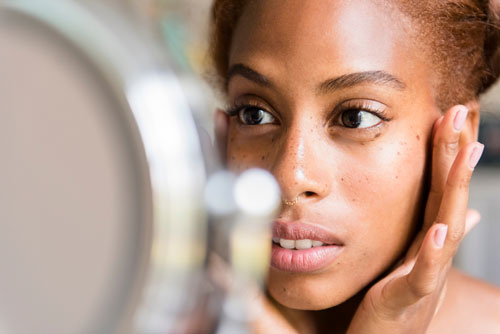
One of the best things about hypochlorous acid is how universally tolerated it is. “It is great for all skin types,” says Lal, adding that the ingredient “is great for open, inflamed skin as well as skin that is healthy without any signs of infection.”
Kobets says that hypochlorous acid is especially useful for acne-prone and oily skin types. “Moreover,” she continues, “the anti-microbial and anti-inflammatory properties are helpful in eczema, by reducing the colonization of Staphylococcus aureus bacteria which can exacerbate and perpetuate eczema.” The ingredient may also be good to reach for post-procedure, especially as cosmetic surgeries and treatments continue to spike in popularity following the pandemic. “It is suitable for post-cosmetic and post-surgical procedures in-office,” says Kobets.
However, there is one thing to keep in mind when incorporating hypochlorous acid into your skincare routine. “The only considerations that I would mention is that because hypochlorous acid works by creating oxidation in the skin — and while it is safe to human cells — it may inactivate the topical antioxidants on the skin (such as vitamin C) in your skincare that are applied to fight free radical and oxidative damage from the environment,” explains Kobets. “This is just one more reason to use vitamin C topically in the morning and evening, and apply a daily moisturizer that contains antioxidants like niacinamide, vitamin C, and squalane.”
How should hypochlorous acid be used in your skincare routine?
Although more and more skincare products with hypochlorous acid are becoming available, for more clinical uses, the best option is to go to your doctor or pharmacy. “In-office dispensed products (i.e. Lasercyn spray and gel) are more performance stabilized than pharmacy-grade products, have longer shelf life, and are pH balanced within the 4.0-5.5 range.” Prescription-grade hypochlorous acid formulas are great for wound-healing: “You can use it for cuts, scrapes, burns, razor bumps, and even acne,” says Lal.
As far as over-the-counter products, you can find hypochlorous acid in products like Tower 28 SOS Intensive Redness Relief Serum and Briotech Topical Skin Spray. “The spray or gel form can be used daily on acne-prone skin on the face, chest, and back,” says Kobets. “You can use spray on your face before applying a face mask, or post-workout when you cannot wash your face right away.” Finally, if you don’t have any hand sanitizer lying around, “You can also use it on hands for disinfection,” says Kobets.
We only recommend products we have independently researched, tested, and loved. If you purchase a product found through our links, Sunday Edit may earn an affiliate commission.
